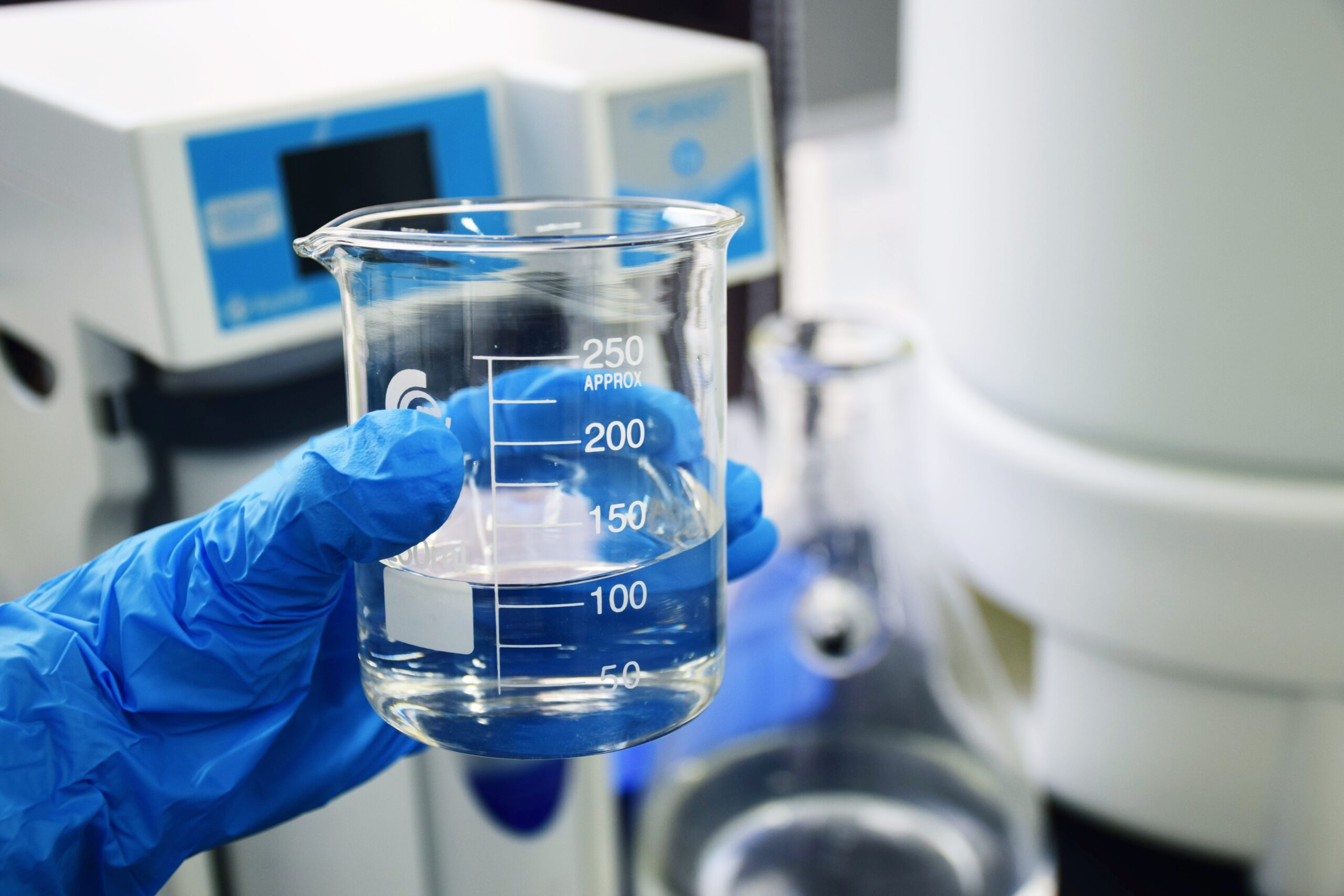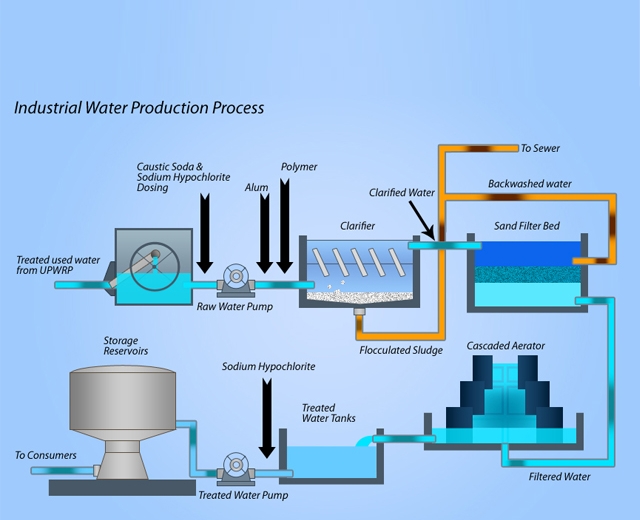Just How a Water Purification System Improves Water Preference and Clarity
Just How a Water Purification System Improves Water Preference and Clarity
Blog Article
Why a Water Purification System Is Important for Tidy, Safe Water
Access to clean, risk-free water is a basic human right and a keystone of public wellness. The existence of damaging impurities such as virus, heavy steels, and chemical toxins in our water supply raises serious concerns about health and wellness. A water filtration system stands as an essential option to reduce these dangers, making certain that people and areas can access secure alcohol consumption water. Understanding the complexities of these systems and their numerous approaches is important, specifically as we take into consideration the ramifications for wellness outcomes and environmental sustainability in our day-to-day lives.
Significance of Clean Water
Accessibility to tidy water is a basic need for human health and wellness and health. It is necessary for maintaining life, sustaining health, and preserving general public wellness. Water Purification System. The accessibility of risk-free alcohol consumption water considerably minimizes the danger of waterborne conditions, which pose a significant danger to communities worldwide. Contaminated water can result in serious health and wellness concerns, including intestinal ailments, cholera, and dysentery, specifically in at risk populaces such as youngsters and the senior.
Furthermore, tidy water is vital for cleanliness and health techniques, which are vital in preventing the spread of contagious illness. Sufficient water supply supports proper cleanliness facilities, promoting a healthier setting. Additionally, access to safe water affects socioeconomic aspects, as it enables neighborhoods to engage in commercial and agricultural activities, inevitably contributing to economic advancement.
In several areas, the absence of tidy water intensifies destitution and inequality, additional preventing progress towards sustainable growth goals. Guaranteeing accessibility to clean water is not only a public health and wellness imperative but also a cornerstone for social equity and economic growth. Initiatives to improve water top quality and framework have significant advantages, promoting much healthier communities and boosting high quality of life.

Typical Pollutants in Water
Guaranteeing the schedule of tidy water is weakened by various pollutants that can compromise its security and high quality. The existence of microorganisms, such as infections, bloodsuckers, and microorganisms, presents significant health and wellness risks, particularly in areas doing not have sufficient hygiene. These microorganisms can lead to waterborne conditions, leading to severe disease and even fatality.
Chemical contaminants additionally present a vital concern. Heavy steels, consisting of mercury, lead, and arsenic, often get in water supplies through commercial discharges or rusty plumbing. These compounds can gather in the body with time, bring about long-lasting health concerns such as neurological damages and developmental conditions.
Furthermore, agricultural runoff introduces pesticides and plant foods right into water systems, which can interfere with environments and adversely effect human wellness. Nitrates, generally discovered in fertilizers, can trigger serious problems like methemoglobinemia, specifically in babies.
Advantages of Water Purification Equipments
Recognizing the vital requirement for risk-free alcohol consumption water, water filtration systems offer a myriad of benefits that boost public health and ecological sustainability. Primarily, these systems efficiently get rid of unsafe pollutants, including microorganisms, infections, hefty steels, and chemicals, making sure that the water eaten is complimentary from toxins and virus. This reduction in contaminants significantly decreases the threat of waterborne illness, promoting overall neighborhood health and wellness.
Along with wellness advantages, water filtration systems add to ecological sustainability by reducing dependence on bottled water, which commonly produces extreme plastic waste. By utilizing a purification system, homes can decrease their carbon footprint and add to an extra lasting ecosystem. Additionally, these systems can enhance the preference and smell of water, making it extra tasty for day-to-day usage.

Various Sorts Of Filtration Techniques

One usual method is reverse osmosis, which makes use of a semi-permeable membrane to separate water from liquified impurities and solids. This procedure efficiently decreases impurities, including hefty metals and chemicals. One more commonly utilized technique is ultraviolet (UV) sanitation, which employs UV light to reduce the effects of germs and viruses, making them harmless without the use of chemicals.
Turned on carbon filtration is an additional popular approach, utilizing carbon to adsorb organic see this compounds, chlorine, and unpleasant smells, enhancing preference and smell high quality. Purification, a process that entails boiling water and condensing the vapor, successfully gets rid of contaminants and minerals but might need even more power contrasted to various other approaches.
Ion exchange is frequently made use of to soften water by changing calcium and magnesium ions with salt or potassium ions. Each technique has its limitations and advantages, making it necessary to recognize their performances and effectiveness in resolving specific water top quality concerns - Water Purification System. Inevitably, selecting the suitable filtration method is crucial for making certain tidy and safe alcohol consumption water
Selecting the Right System
Picking a proper water filtration system needs careful factor to consider of various aspects, consisting of the certain contaminants present in the water, the volume of water needed, and the wanted purification technique. Initially, it is imperative to perform a water quality test to determine impurities such as bacteria, heavy steels, or chemical pollutants. This info will guide you in picking a system that successfully targets those particular pollutants.
Following, examine your family's day-to-day water intake to identify the system's ability. Solutions are offered in various dimensions, from point-of-use filters for alcohol consumption water to whole-house devices that cleanse all water entering your home.
In addition, consider the purification method that finest fits your demands. Reverse osmosis is extremely web efficient for removing a broad range of pollutants, while UV purification is excellent for getting rid of bacteria.
Conclusion
In final thought, the implementation of water purification systems is important for making certain access to risk-free and tidy water. These systems effectively get rid of hazardous contaminants, therefore lowering the danger of waterborne diseases and improving public wellness. Furthermore, they add to ecological sustainability by decreasing reliance on bottled water. By comprehending the relevance of tidy water and the advantages of numerous purification approaches, areas can make enlightened decisions to secure their wellness and advertise socioeconomic security.
Identifying the important demand for secure alcohol consumption water, water purification systems provide a myriad of benefits that enhance public wellness and ecological sustainability.In enhancement to health and wellness advantages, water purification systems add to environmental sustainability by reducing dependence on bottled water, which usually generates too much plastic waste. Inevitably, the adoption of water filtration systems is an aggressive action towards making sure tidy, secure water for future generations while protecting public health and wellness and the environment.
Picking a proper water filtration system requires mindful consideration of different aspects, including the certain impurities existing in the use this link water supply, the volume of water required, and the preferred filtration approach.In verdict, the application of water purification systems is important for making sure access to secure and clean water.
Report this page